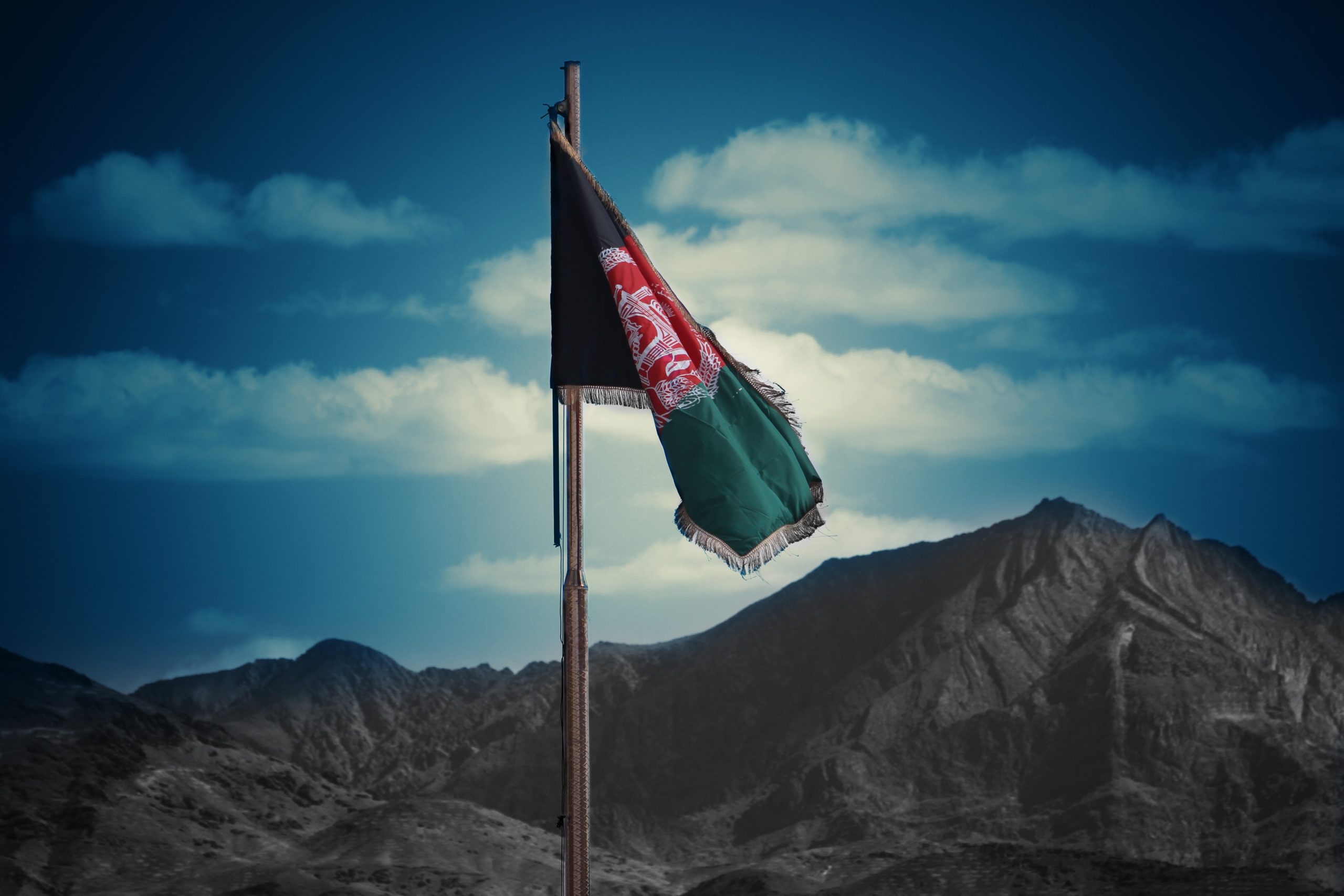The Environmental Management Agency (EMA) is the State Organization for Environmental Sustainability in Zimbabwe. The obligation of EMA involves overseeing the use of environmental regulations and guaranteeing that significant regulations have been conformed to. It supervises and controls the activities of environmental impact as a regulatory authority. It works across many sectors to ensure reduced damage to the environment but focuses primarily on resource-intensive industries, including manufacturing, mining, and agriculture. The agency advocates for installing sustainable practices across society and sensitizing the public on ecological problems.

Services that EMA provides
A variety of services are offered by EMA to promote environmental sustainability, such as:
Environmental regulation
EMA keeps an eye on business and industrial operations to implement Zimbabwe’s environmental regulations. It makes sure that companies follow the law to reduce their ecological impact.
Compliance monitoring
The organization conducts audits and inspections to assess compliance with environmental regulations. It may impose penalties or take remedial action against noncompliant companies.
Promoting sustainable practices
EMA is also collaborating with communities and companies to promote sustainable practices. It is giving technical advice for pollution prevention, resource conservation, and waste management.
Environmental impact assessments (EIAs)
EMA is responsible for managing the Environmental Impact Assessment procedure for companies developing major projects. EIAs assess the possible impacts of planned operations on the environment and suggest countermeasures to reduce damage.
Relevance to businesses
For enterprises, the Environmental Management Agency is very important, especially for those in resource-intensive industries like manufacturing, mining, and agriculture. The agency often works with these sectors to make sure that their activities adhere to environmental standards.
Resource-intensive sectors
For advice on controlling the ecological effects of their operations, mining and agricultural companies go to EMA. To reduce harm to soil, water, and ecosystems, the agency offers precise rules.
Infrastructure development
EMA provides environmental approvals for construction projects, including buildings, roads, and dams.
Sustainable business practices
In order to help companies embrace global sustainability trends, the agency assists them in implementing eco-friendly procedures that lower pollution and preserve resources.
Use cases for businesses
Companies engage with the Environmental Management Agency (EMA) in a variety of ways to guarantee environmentally sound operations and adherence to regulations. In order to minimize any effects on ecosystems and biodiversity, companies must get environmental approvals from EMA when planning new projects, particularly in resource-intensive industries like manufacturing. The agency is also essential to regulatory compliance, assisting industry in adhering to pollution control and waste disposal regulations, preventing fines, and safeguarding companies’ reputations. EMA also offers recommendations for sustainable resource use, which help industries like agriculture by encouraging afforestation, soil conservation, and water efficiency. Additionally, in order to promote goodwill and reduce disputes over resource use, the agency urges companies to include local stakeholders in their ecological planning. These interactions highlight the vital role that EMA plays in striking a balance between environmental care and industrial expansion.
Impact of EMA on business and environment
The efforts of EMA guarantee that Zimbabwe’s economic activity does not compromise the country’s ecological well-being. The agency ensures that enterprises are treated equally by enforcing adherence to environmental rules, which prevents responsible organizations from facing disadvantages. Moreover, industries benefit from EMA’s focus on sustainable practices by lowering operating costs, increasing productivity, and fostering long-term resilience.
Why businesses need EMA
It interacts with businesses in a number of ways, such as:
Starting new projects
Under EMA’s supervision, companies must complete EIAs before starting mining, building, or industrial projects in order to identify and reduce any possible ecological concerns.
Managing operations
Every day, businesses work with the agency to meet waste management, pollution control, and resource conservation standards.
Corporate responsibility initiatives
To show their commitment to sustainability, businesses collaborate with EMA on preservation and local area improvement projects.
EMA is an important partner for businesses operating in Zimbabwe. It guarantees that economic growth should occur so that environmental resources are conserved for future generations. By means of its regulations as well as the compliance monitoring function, EMA helps businesses to comply with environment laws while contributing to a greener Zimbabwe initiative. It plays an essential role in helping businesses in resource-intensive industries strike a balance between environmental stewardship and operational objectives.
You may also find these articles helpful
Moroccan Agency for Digital Development (ADD)
Mauritius Revenue Authority (MRA)
Chamber of commerce and industry of Mali






